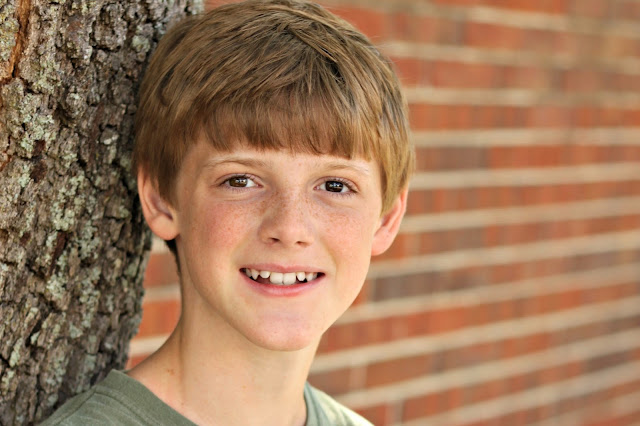 |
| Hana Williams (Photo via Patheos) |
Researching Hana's story led me to the story of Lydia Schatz, a Liberian adoptee who was spanked to death by her parents.
In both cases, the parents, conservative Christians, seemed to believe they were disciplining their children as instructed in Scripture.
I'm devastated and heartbroken.
There really are no words.
Today, however, I feel compelled to speak up for these two girls who died at the hands of their adoptive parents.
What can I say that hasn't already been said? What can I add to the hundreds of news reports and magazine articles and blogs that are already posted online?
Maybe nothing. But I know that many families considering older child adoption end up here at my blog. Taking time to consider what went so terribly wrong in these adoptive families is an important step toward making sure it doesn't happen again. . . that it never happens in your family.
So if you are an adoptive parent, or if you know adoptive parents in your church, or if you are considering adoption yourself, please take some time to read the links below. Honor these girls by listening to their stories. Be informed.
Hana Williams, adopted from Ethiopia in 2008 at age 10; died May 11, 2011 at age 13. (Her age is disputed by her adoptive parents who claim she was actually older.)
Hana Williams: The tragic death of an Ethiopian adoptee, and how it could happen again - the story.
Corpses Don't Rebel: A former follower of Michael Pearl's "To Train Up a Child" reacts to the death of Hana Williams - a parent who at one time followed the same discipline system as Hana's parents speaks up.
The Legacy of Ethiopian Adoptee Hannah Williams - written by a mom with adopted Ethiopian kids.
Lydia Schatz, adopted from Liberia in 2007 at age 4; died February 5, 2010 at age 7.
Godly Discipline Turned Deadly - the story.
In which I discuss the unthinkable - written by a family friend in the days following Lydia's death. Honest and emotionally raw.
Couple sentenced for religious beating death and torture of children - the sentencing.
Tragedy in a homeschooling family - powerful words from a Christian dad.
There are some common threads in both girls' stories. Adoption. . . conservative Christianity. . . large families. . . homeschooling. . . and most specifically, following the teachings of Michael Pearl as outlined in the book, To Train Up a Child.
One thing I've noticed when things like this happen, is that if we fall into one of the groups listed above, we tend to quickly circle the wagons. We dismiss the offending families as fringe people who were not really part of our movement. Giving brief lip service to the dead child, we quickly move on to defending our rights to adopt. . . or practice our faith. . . or have a large family. . . or homeschool. . . or discipline our kids as we see fit. We worry about the fallout from the unfortunate incident.
That attitude compounds the tragedy.
Because this is not about defending our rights as adults. It's about speaking up for and standing up for defenseless children. They have to be the focus of the story.
There are so many thoughts swirling in my head, but underlying it all is a deep, deep sadness, that instead of finding love and safety in their new families, these girls were abused and tortured and killed.
And the part that makes my head hurt most of all is that I don't believe any of these parents thought they were child abusers.
They adopted older, traumatized children, and then viewed their every negative behavior as evil and rebellion.
Convinced that God had commanded them to use physical discipline, they punished every act of disobedience.
They fought to win every battle.
They killed their kids.
Heaven help us.
I've said it before. Dear Christian Parent Adopting an Older Child: Please Don't Spank.
And finally, To Train Up a Child Parenting Book Leads to Multiple Child Deaths. Some are asking if the author of this parenting book bears any moral responsibility in these children's deaths.
Sharing today at Imperfect Prose.





















.jpg)

















